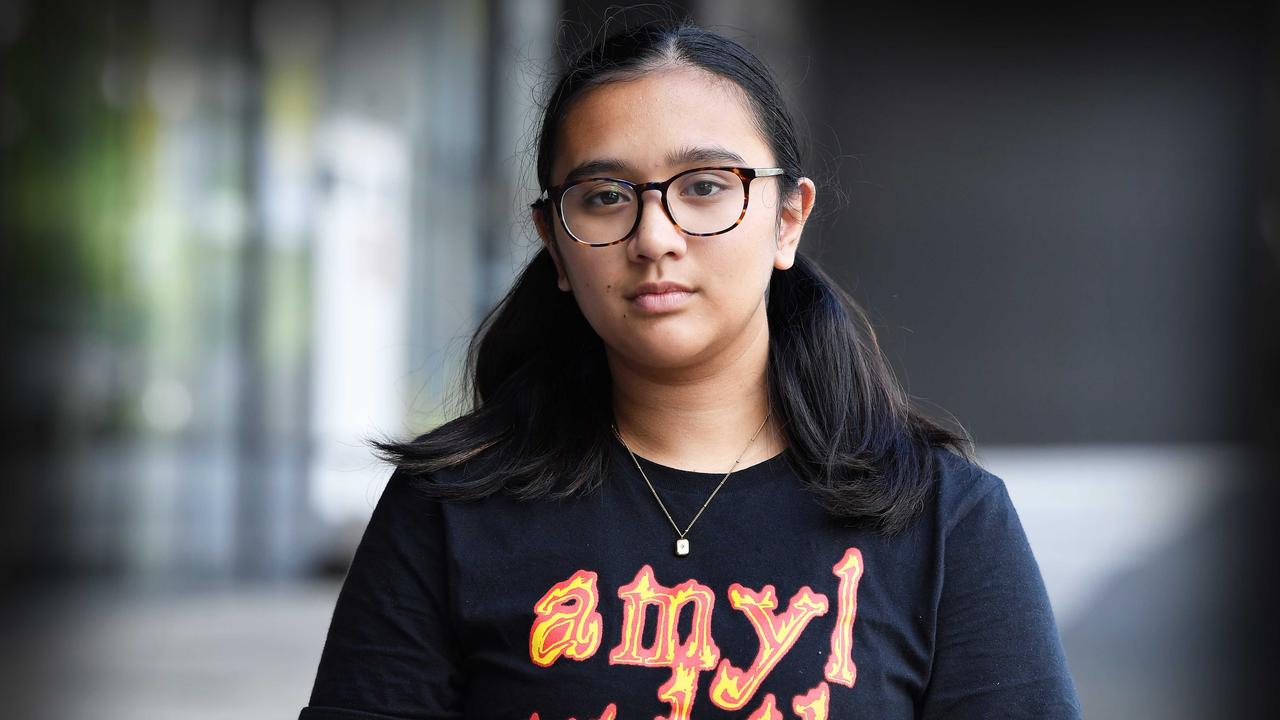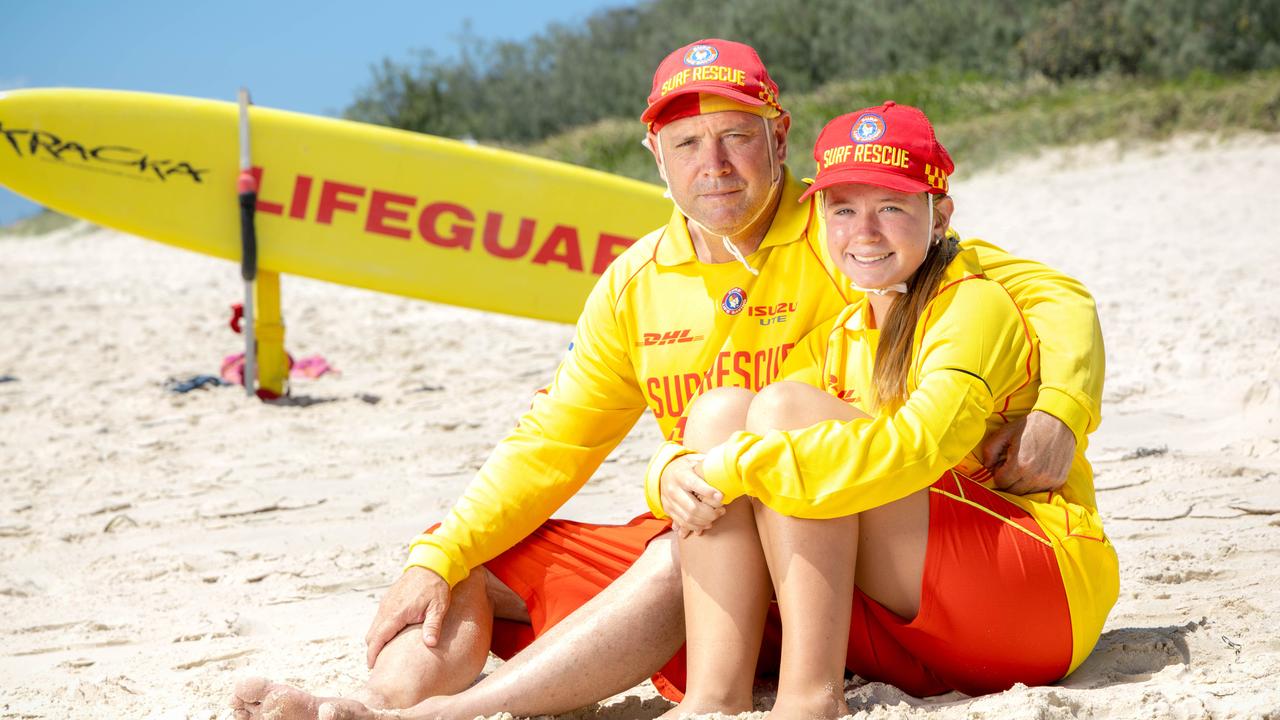Hundreds of Afghan refugees have quietly been flown into Brisbane in recent weeks on Australian Defence Force-contracted flights
Hundreds of Afghan refugees have quietly been flown into Brisbane in recent weeks on government-contracted flights.
QLD News
Don't miss out on the headlines from QLD News. Followed categories will be added to My News.
Hundreds of Afghan refugees with connections to Australia have quietly arrived in Brisbane in recent weeks on Australian Defence Force-contracted flights and headed straight into hotel quarantine.
At least one of the flights that arrived in November flew in from Pakistan, where many Afghans fled after the US withdrawal, while another is understood to have arrived from Qatar in earlier this month.
They are among more than 6200 people a Department of Foreign Affairs and Trade (DFAT) spokeswoman claims the federal government has helped evacuate from Afghanistan and surrounding countries between August and November 29, following the takeover of the war-torn country by the Taliban as the US-led allied forces withdrew in August after two decades of conflict.
About 4100 of those were evacuated on 32 flights from the capital city of Kabul between August 18-26 during Australia’s official military air evacuation operation, one of the largest humanitarian airlifts in the nation’s history.
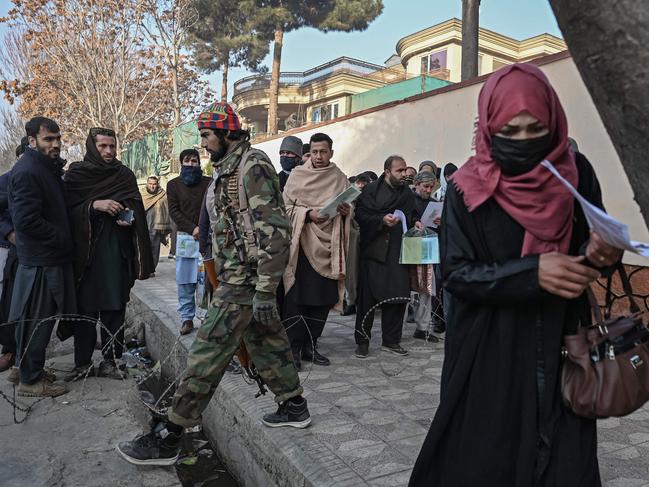
Since then, many civilians and Afghanistan military personnel who supported the western forces, have fled or are in hiding and trying to escape the country.
Members of the Taliban have been known to torture or kill those identified as having served with coalition forces, leaving thousands living in fear, including more than 100 Australian Defence Force (ADF) interpreters and their families.
Several of the interpreters and others who worked with the allied forces during the war – and in particular with the US and Australian militaries –were left behind by those respective governments following a chaotic evacuation process.
They were then informed they would have to navigate Taliban checkpoints to find a way to escape the country on their own before the government would consider evacuating them.
To compound the situation, because many at-risk Afghans are in hiding and not able to earn an income, they are now facing starvation as the nation heads into a humanitarian and economic disaster under the self-declared Taliban government.
Some are only surviving thanks to financial support from volunteer veteran groups – such as Forsaken Fighters Australia, Inc - charities or thanks to individual civilians around the world who have ordered food or wired money directly to them.
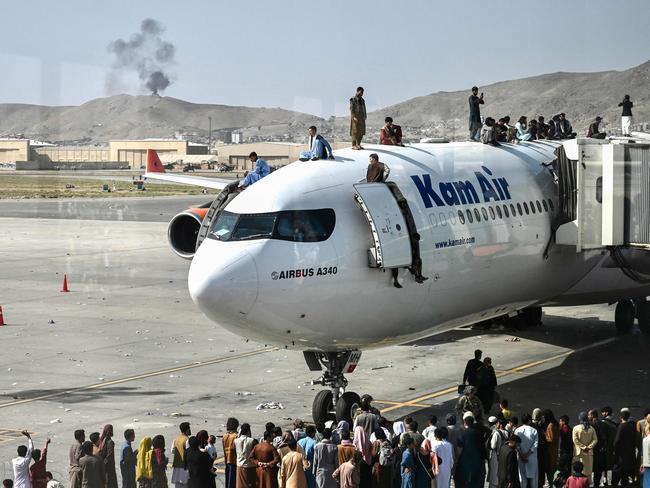
Requests by The Courier-Mail to interview a DFAT official about the recent Afghan arrivals were declined, with the spokeswoman instead sending a written statement.
“The Department of Foreign Affairs and Trade continues to assist Australians and Australian visa holders who have left Afghanistan to travel to Australia, including those arriving on flights from Afghanistan, Pakistan, Qatar and other locations in the region,” she wrote.
“As of 29 November, the Australian government has supported over 6,215 men, women and children to leave Afghanistan and regional countries. This number includes staff engaged to work in support of Australia’s mission in Afghanistan, and their families.
“In order to protect their safety, DFAT will not disclose information about the number of locally engaged staff remaining in Afghanistan, or details about how and when we will expatriate them.”
The spokeswoman said DFAT officials were still in contact with Australian citizens, permanent residents and their immediate family members who were still seeking to leave Afghanistan.
“The Australian government will continue to prioritise Afghans under our humanitarian visa program and to provide humanitarian assistance in Afghanistan, with a particular focus on supporting women and girls,” she wrote.
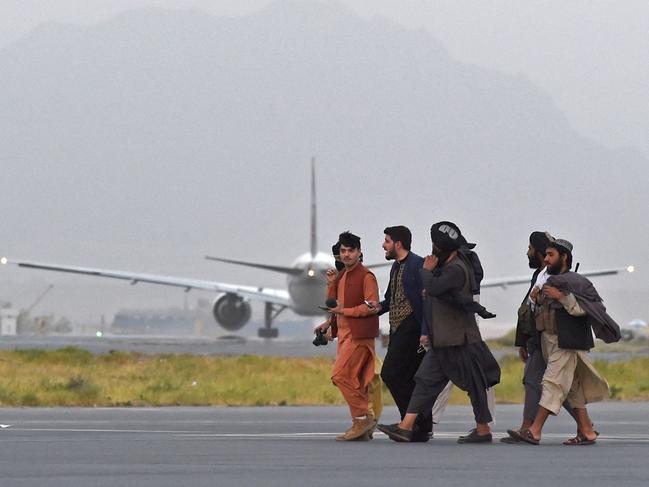
A request to interview a Department of Home Affairs (DHA) official was also declined, with a written statement instead provided by a spokesman, who said the 14-day hotel quarantine costs were waived for the refugees.
“This recognises the difficult circumstances that these people have had to endure and the Government’s intention to provide them with appropriate support and services,” he wrote.
The DHA spokesman also said more than 2,000 Afghan locally engaged employees (LEE), and their families at risk of harm due to their employment supporting Australia in Afghanistan have been resettled in Australia since 2013, including about 560 Afghans who had arrived since April 15 this year.
“Following the initial air lift of at-risk Australians and Afghans from Kabul between 18-26 August, the Australian government has continued to assist travel to Australia of Australian Citizens, permanent residents and subclass 449 visa holders from a variety of locations,” he said.
“Their arrival location in Australia is tied to the availability of quarantine places and the nature of the flights they are travelling on.
“As the welfare, privacy, safety and security of evacuees from Kabul is our priority, we will not give detailed information about visa grants, quarantine and settlement locations.”
A 449 visa is a temporary humanitarian stay visa granted in emergency situations, such as for those forced to flee their home country.
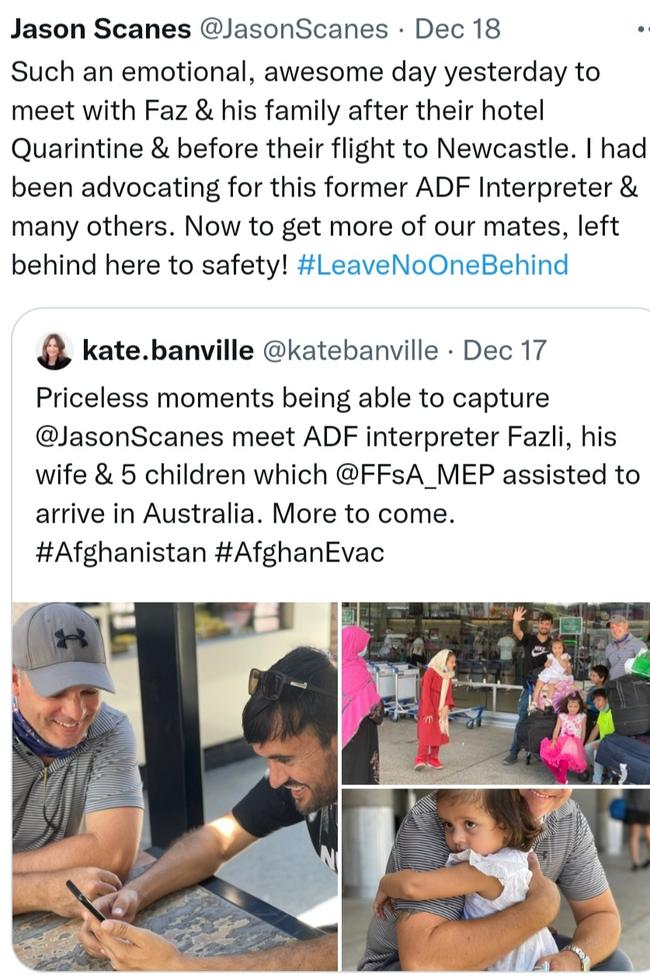
One Afghan man who arrived on a flight from Pakistan and did not want to be named, said he worked for the Australian government in Kabul.
Despite already having an Australian visa, the man, his wife and two young daughters were among those left behind when official evacuation efforts ceased on August 26.
After months of difficulties, the family finally made their way across the border to the Australian High Commission in Islamabad to seek assistance.
“Thank God we managed to get to Australia,” he said from quarantine in Brisbane on December 5.
“And (we’re) thankful (to) the government of Australia.”
An ADF interpreter named Fazli, his wife and their five young children, were among those who flew in from Qatar a fortnight ago after having made it to a Doha air force base being used as a processing centre.
After being released from quarantine on Friday, the family, who did not want their surname used, met with Jason Scanes who had petitioned the Australian government on Fazli’s behalf through his non-profit group Forsaken Fighters Australia, Inc.
“Such an emotional, awesome day yesterday to meet with Faz & his family after their hotel quarantine & before their flight to Newcastle (sic),” Mr Scanes wrote on Twitter on Saturday.
“I had been advocating for this former ADF & many others. Now to get more of our mates left behind here to safety!”
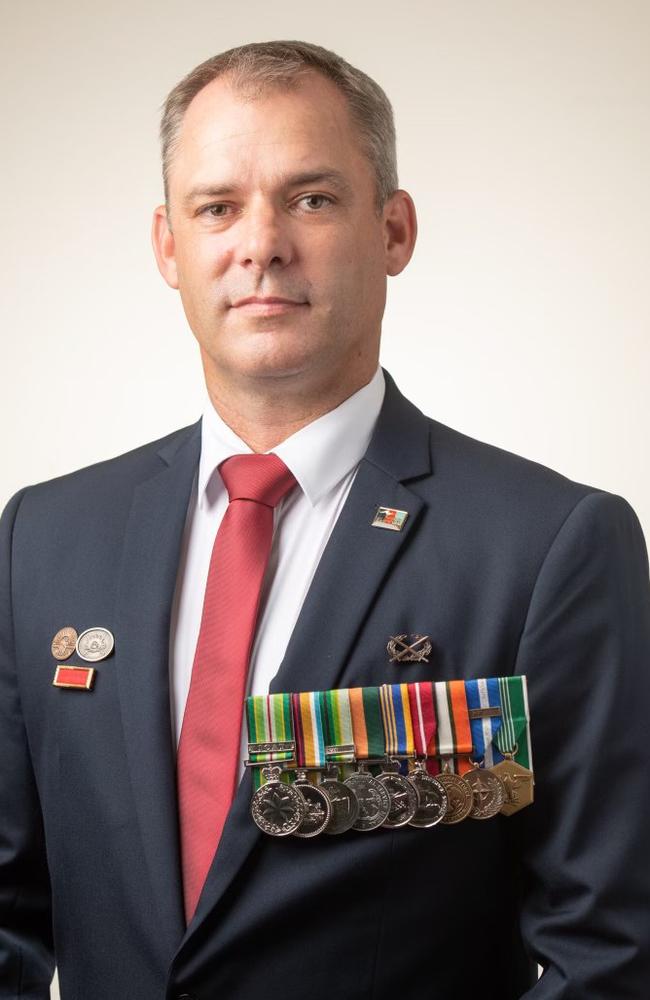
On Thursday, Mr Scanes, 45, of Maryborough, told the Courier Mail his organisation had sent money to Fazli and his family in Kandahar after they found themselves with no income or way to buy food, like many others now in hiding from the Taliban.
“He was in a dire situation couple of months ago, to the point they sold his wife’s jewellery,” he said.
“We were able to provide money directly to his hands that allowed him to continue to feed his family and, in the background, we were here advocating on his behalf writing to the government and the end result is he and his wife and his children are here.”
The former Army captain and Afghanistan war veteran said there were ‘thousands’ left after the official evacuation operations concluded, including more than 105 ADF interpreters, contractors and aid project workers and their families – potentially up to 1000 people – whose lives remained at risk.
Mr Scanes said in some cases, many of those eligible for an Australian visa are not even able to obtain a passport after the Taliban took over that and other government departments, giving them access to biometric machines that held everyone’s personal data.
“These people are trapped in their own country,” he said.
“There have been reports of biometric data of being used against people,
“Interpreters are extremely fearful as there have been reports that people who have formerly worked for the Afghan government have applied for a visa and subsequently been arrested and wound up dead a few days later through the use of that biometric information.”
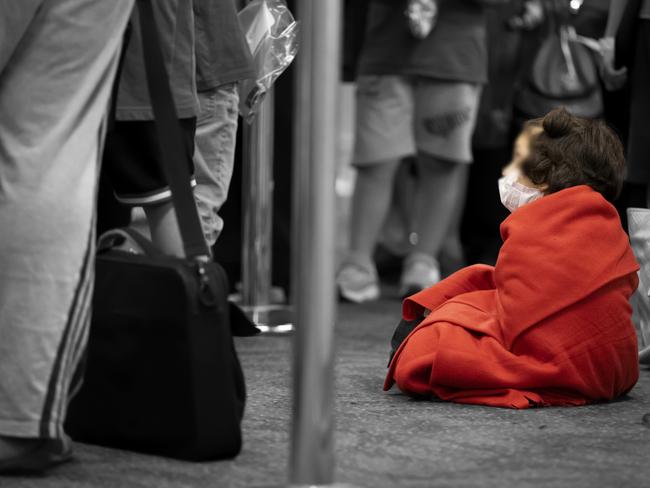
The Taliban, an Islamic fundamentalist group labelled as a terrorist group by the United Nations, ruled Afghanistan for five years before the US-led military forces ousted them in 2001 following the September 11 attacks on America.
But as the US-led allied forces withdrew from the country after 20 years of war, it took members of the Taliban less than two weeks to take control of the country culminating in the fall of Kabul on August 15 after Taliban fighters entered the presidential palace and declared victory.
Several matters surrounding Australia’s support and engagement in Afghanistan over the past two decades were discussed during a recently held Senate Inquiry, with an interim report of the findings scheduled to be released in January.
Originally published as Hundreds of Afghan refugees have quietly been flown into Brisbane in recent weeks on Australian Defence Force-contracted flights

